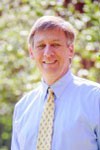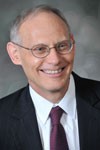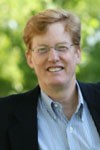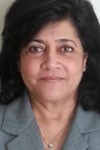The fellowships address an initiative of OU’s “Live On, University,” 125th anniversary campaign: To increase opportunities for OU’s most talented faculty – across all colleges and departments – to teach some of OU’s most talented students in the small-class format of an Honors course.
Presidential Teaching Fellows in Honors are those faculty members who excel in all their professional activities and who relate those activities to the students they teach and mentor. OU faculty who have a demonstrated record as excellent teachers are selected to teach courses in the Honors College for a period of two years.








